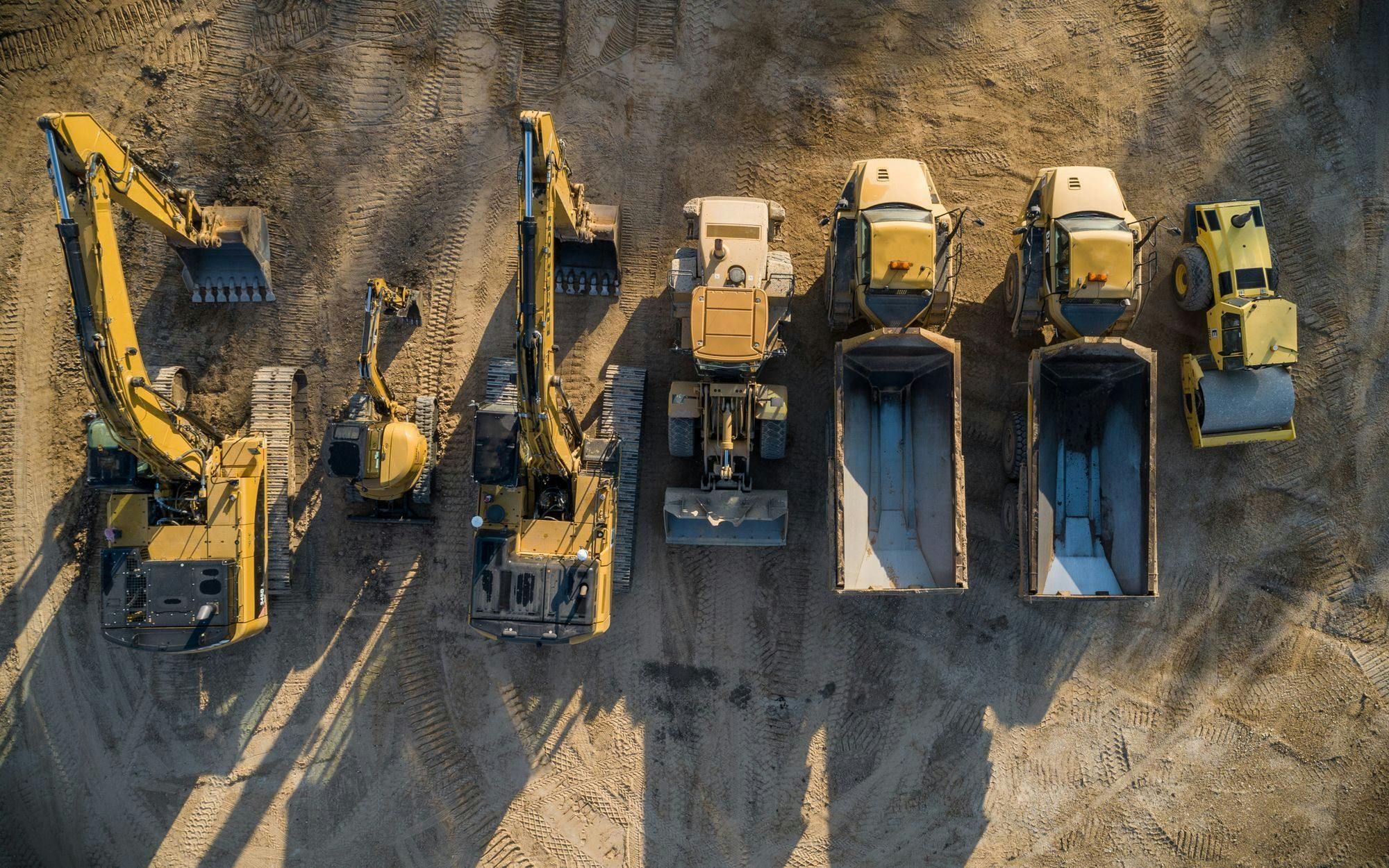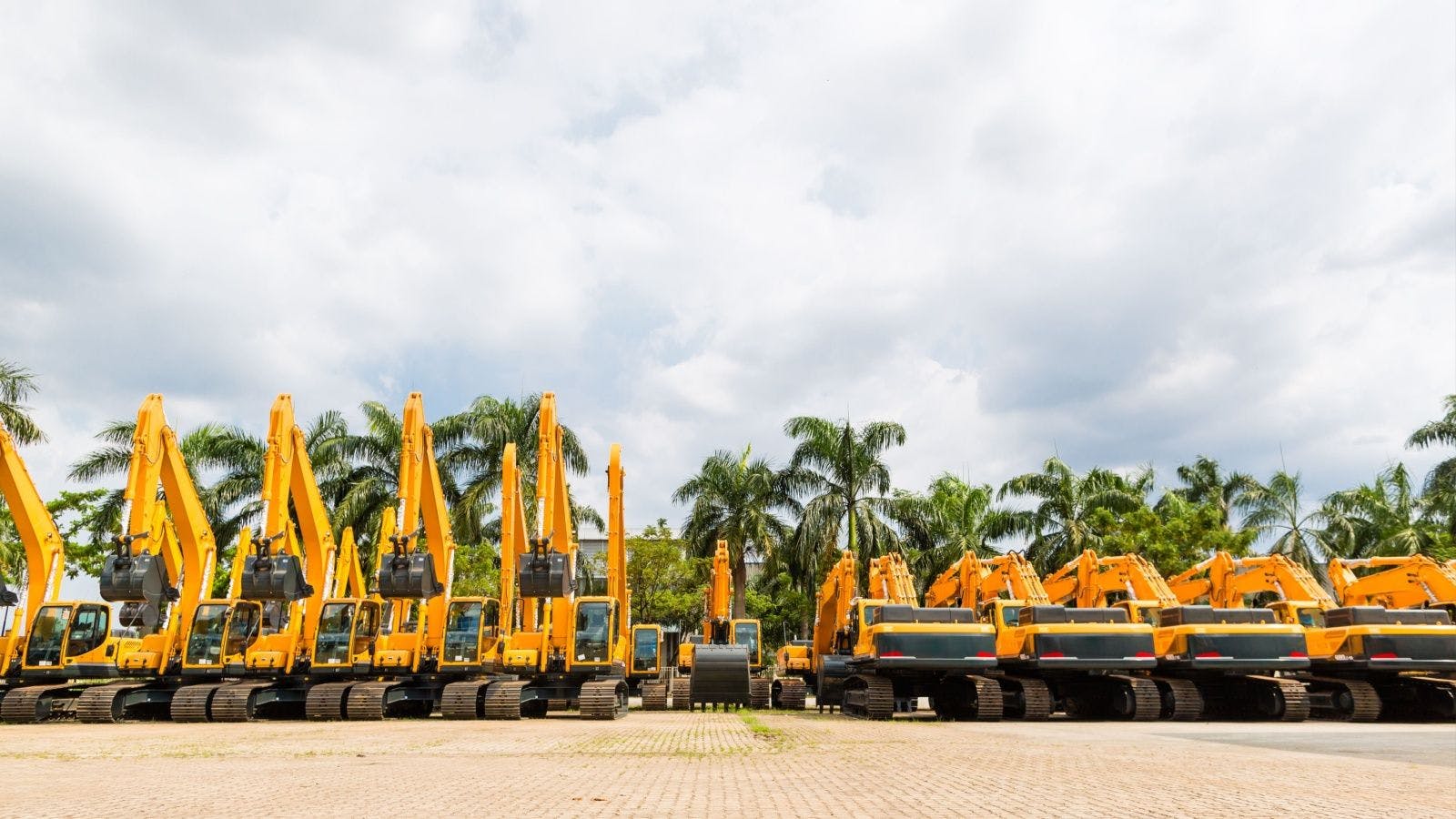
Renting Your Construction Equipment Could Minimize Your Economic Risk
Rising rates and today’s economic climate are fueling record increases in the rental and leasing markets in construction equipment. The North American construction equipment rental business was valued at $42.64 billion in 2022 and is expected to reach $58.49 billion by 2029, representing a 4.626% compound annual growth rate. Understanding the reasons behind this increased demand can help businesses in the industry make smarter, more effective decisions for their fleets.
IMPROVE CASH FLOW
Rather than tying up cash with a large upfront outlay and financing charges, renting can recover 100% of the cost of equipment with revenue generated by the project at hand. The absence of warranty costs, insurance, transportation and storage frees up more cash. In addition, rental expenses are often tax-deductible as business expenses.
LOWER BUSINESS RISK
Renting does not involve a long-term financial commitment; customers simply return the equipment when the project is complete and the payments end. This eliminates the risk of expensive new machinery standing idle in between projects, depreciating in value and slowly becoming obsolete.
Renting improves uptime as well, because replacements are typically available immediately in the event a rental machine goes down on the job. Many equipment dealers and rental companies also offer a rental purchase option (RPO)—the ability to buy rental units at any given time. The RPO allows a company to apply a high percentage of the rental fee to the acquisition price.
SUPPLEMENT EXISTING FLEET
Projects can frequently place excessive demand on a contractor’s equipment fleet. When this happens, it’s usually much more cost-effective to rent equipment on an as-needed basis to supplement capacity. And since most heavy-equipment rental companies stock a wider selection than any single construction company could own, contractors have greater flexibility to bid on projects that equipment limitations would otherwise rule out. They can bid with confidence, knowing they’ll have access to the right equipment if they get the job, yet avoid risk if they don’t.
ACCESS TO NEW EQUIPMENT TECHNOLOGIES
Today, technology plays a key role in equipment selection. Renting equipment with newer technology can increase productivity, improve accuracy and reduce costs, while avoiding equipment obsolescence and adding more efficient and emissions-compliant machines to a fleet. For contractors, the latest equipment is not only a powerful bidding differentiator, but can enhance worker productivity and fuel efficiency, increasing per-hour profitability on the worksite.
PROTECTION FROM MARKET FLUCTUATIONS
Renting equipment can provide a cushion for financial downturns, particularly in an industry as dynamic and sensitive to market changes as construction. Smart businesses understand that flexible options make it easier to handle the inevitable changes in market forces—including those in the current economy, where inflation persists and talk of a looming recession continues. For both dealer-owned rental fleets (DORF) and dedicated rental fleets, flexible financing solutions have made an enormous difference in companies’ ability to rapidly grow their fleets and their businesses.
Construction businesses looking to up their rental and leasing operations have been increasingly turning to non-bank, non-captive finance providers with experience in the industry. With the ability to move quickly and create customized financing programs, these lenders are well-positioned to handle the increased demand. Mitsubishi HC Capital America, for example, has experienced year-over-year increases in rental financing of 150-550% among some clients. Dedicated rental companies as well as those with dealer-owned rental fleets have both solid reasons and sound resources to tap.
Related stories








